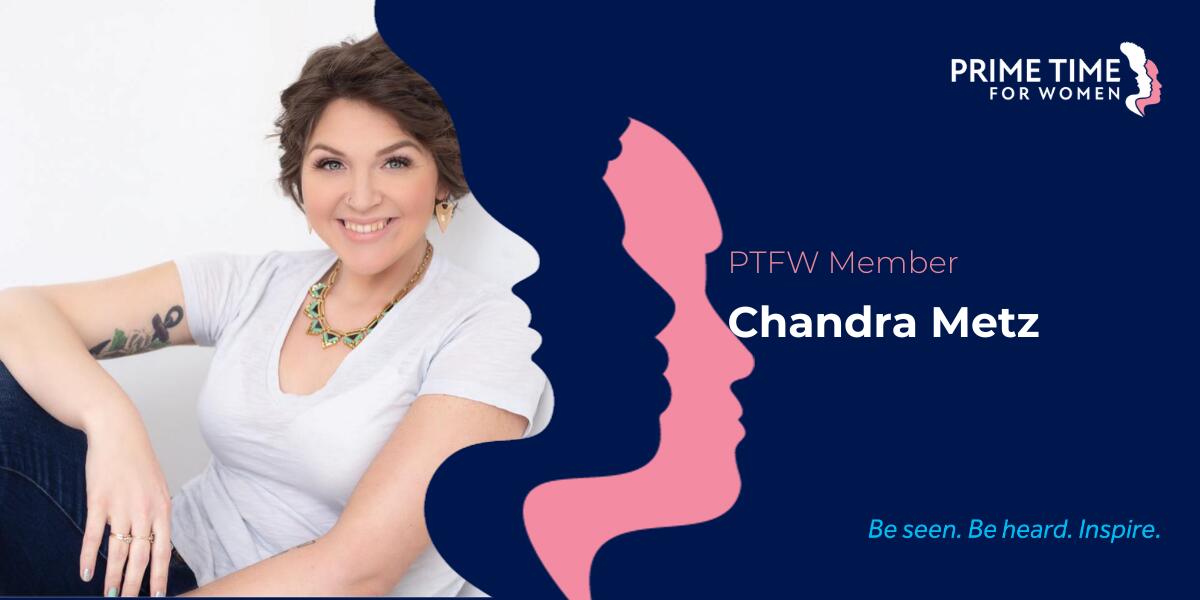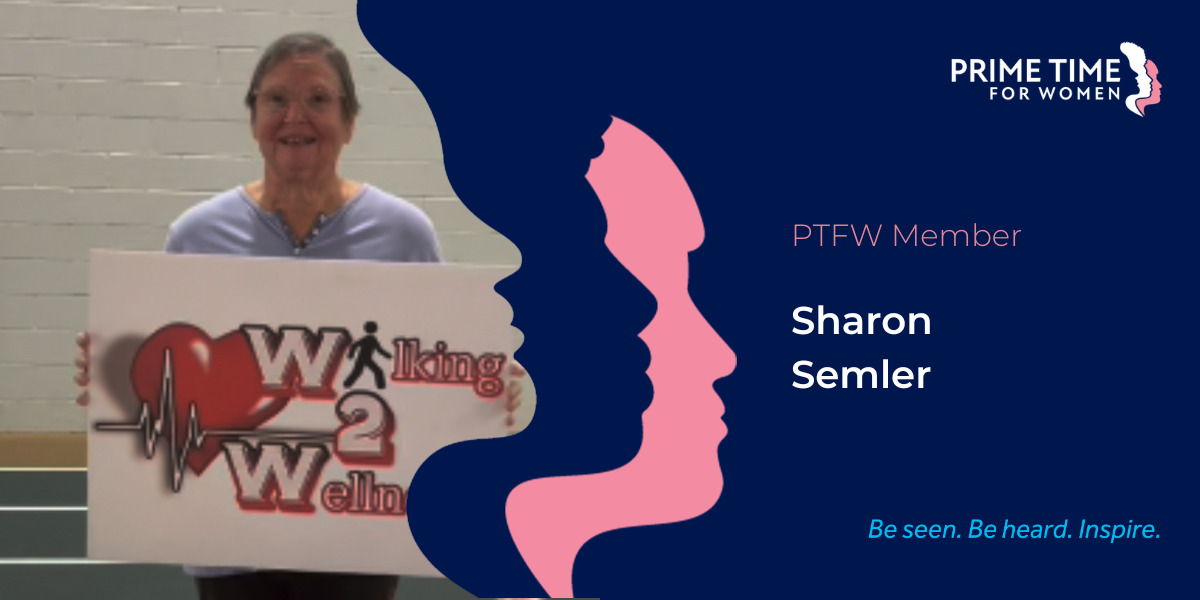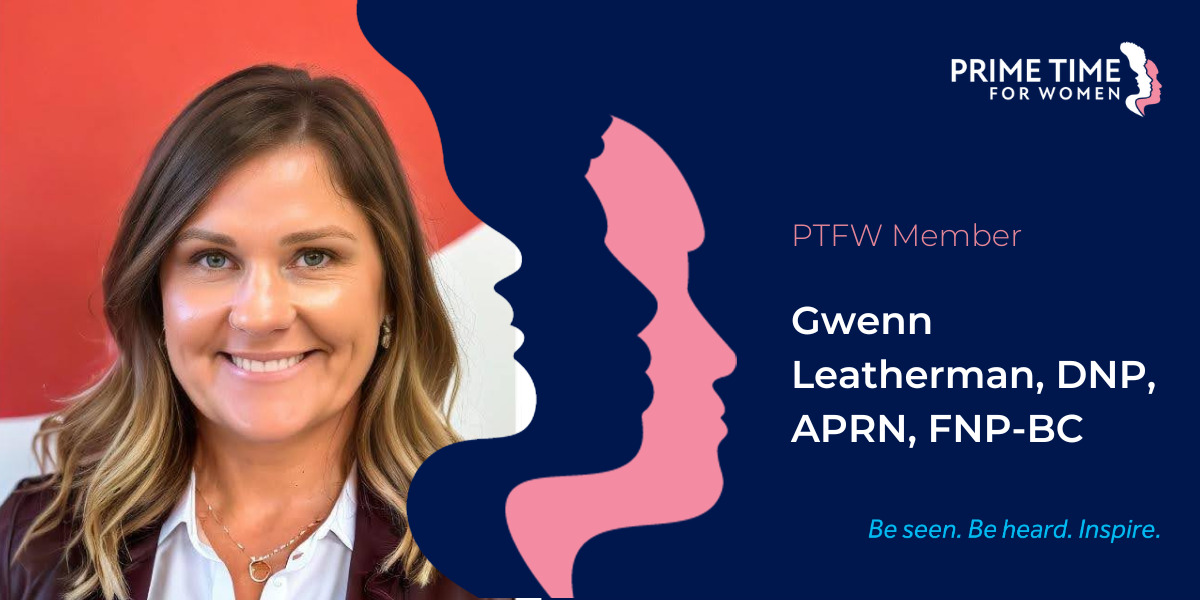Picture it, Sicily...1912...Juuuust kidding! It was more like Hagerstown, 2011. I'd already spent 28 YEARS…

Improve Your Sleep by Bernadetter Wagner
About 8 years ago, I went from being a “World Champion, Olympic Gold Medalist Sleeper” to a worried, tired, anxious insomniac. At the time I couldn’t even make myself say the word insomniac. But then I decided to put my fear aside and learn a little bit about it. The first thing I learned is that as a post-menopausal woman, I was not alone…in fact I was in pretty darn good company. According to the National Institutes of Health, sleep disturbance affects 35% to 60% of post-menopausal women. Another thing I learned is that there were things I could do, strategies to employ and steps to take to address my insomnia.
It is extremely important to talk with your doctor if you are having difficulty falling asleep or staying asleep. She or he will want to rule out underlying causes such as sleep apnea, depression and anxiety, restless leg syndrome and neurological disorders. Based on your health assessment, your doctor can prescribe medications that can be very helpful and/or recommend cognitive behavior therapy, which addresses the thoughts, feelings, and behaviors that contribute to symptoms of insomnia. Developing a regular sleep routine that includes self-care, relaxation, breathwork and reading a few minutes before turning off the light can help ensure a good night’s sleep.
A few years ago, I participated in an online research program conducted by the University of Virginia Medical School called SHUTi OASIS (Sleep Healthy Using the Internet for Older Adult Sufferers of Insomnia and Sleeplessness). I was happy to participate in a study that I knew would benefit others with sleep issues, plus I learned a lot! The most helpful part was realizing that I wasn’t alone. Many women deal with insomnia at some point in their lives, and the number increases with age. I also learned the importance of relaxation techniques as tools to improve sleep and learned not to worry during the day about falling asleep at night. In fact, the more I thought about getting a good night’s sleep, the more it eluded me. Lastly, as part of the study, I learned the importance of managing light exposure in the evening. It turns out that light exposure at night suppresses melatonin production, which disrupts the body’s cue to relax and wind down for sleep. For me, this meant that I only read on my Kindle during the day and no longer use my computer after dinner. a
I don’t always sleep well but I no longer consider myself an insomniac. Below is a poem I wrote that captures much of what I learned and celebrates my new perspective on sleep.
Sleep Well
Sleep is not a goal. She is a gift.
She heals my body, protects my brain, and renews my spirit.
I cannot command sleep to come. I can only invite her.
I will not insist that she come at a designated time. But will warmly embrace her when she arrives.



